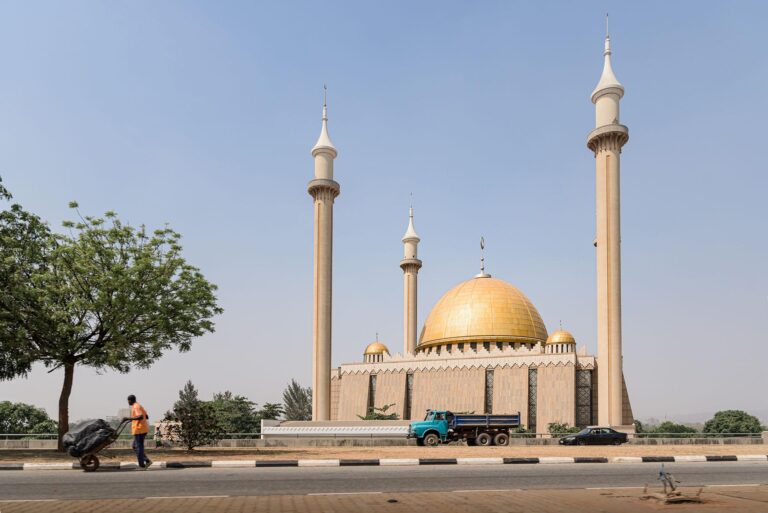The Economic Landscape of Abuja
Abuja, the capital city of Nigeria, is a paradox of wealth and poverty. The city has seen rapid economic growth and development, yet a significant portion of its population struggles with basic needs. This striking divide often results in visible disparities in living conditions.
Wealth in the Heart of Abuja
In affluent areas like Maitama and Asokoro, luxury homes and high-profile businesses thrive. These neighborhoods boast exquisite infrastructure and amenities that reflect the wealth of their residents. Conversely, just a few kilometers away, the reality is starkly different for many poorer communities.
Poverty Stricken Areas
Areas such as Apo and Karu reveal the grim realities of urban poverty. Here, many residents live in informal settlements, facing inadequate access to clean water, healthcare, and education. The challenges faced by these communities highlight the urgent need for social intervention.
Causes of Economic Disparity
A multitude of factors contribute to the widening gap between the rich and the poor in Abuja. Issues such as corruption, mismanagement of resources, and a lack of effective public policies play a significant role in perpetuating these inequalities. Addressing these underlying causes is essential for promoting inclusivity and reducing poverty.
Efforts Toward Equality
Various organizations and governmental bodies are working towards bridging this economic divide. Initiatives aimed at improving education, healthcare, and employment opportunities can help uplift disadvantaged communities. For more information on poverty in Abuja and potential solutions, visit Borgen Project.
The Way Forward
Creating a more equitable Abuja is not just a social imperative but a necessity for sustainable development. Collaborative efforts between the government, NGOs, and local communities are crucial for addressing the needs of the poor. Only through collective action can Abuja truly flourish for all its inhabitants.

